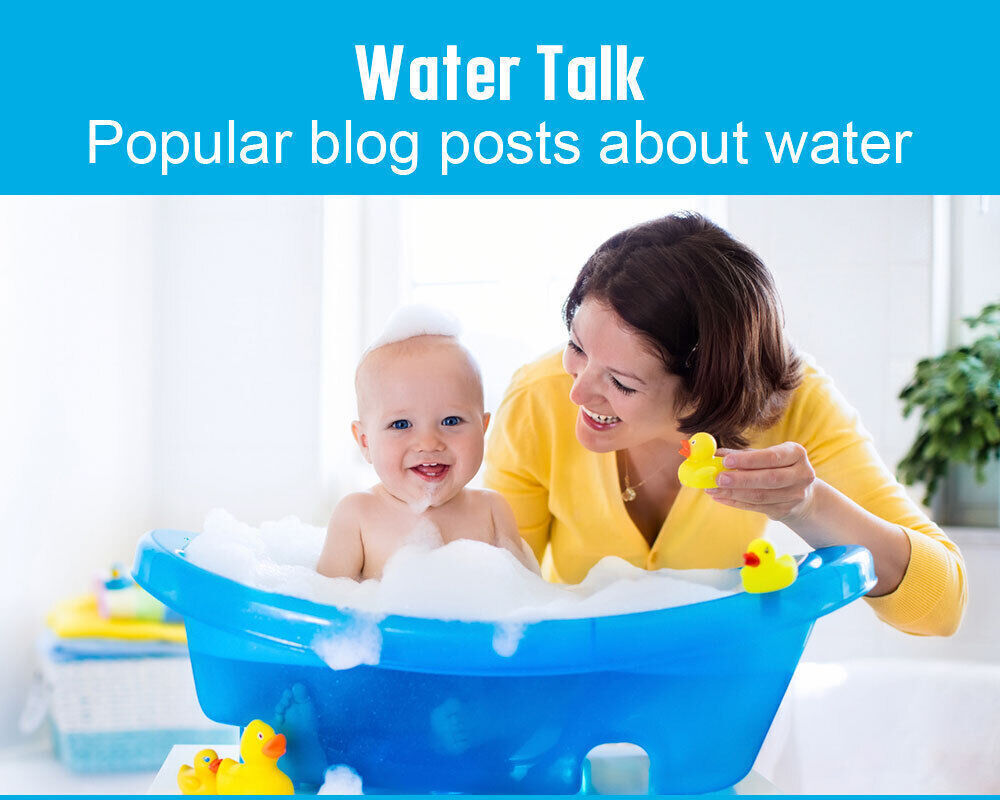

Well Water
Our water specialists in One Green Filter use a variety of well water treatment methods to create healthier, better-tasting water at your home. Contact One Green Filter today, your certified water specialist.
READ MOREOver 15 million U.S. households obtain their drinking water from private wells 1, which are not covered by the United States Environmental Protection Agency (EPA) regulations that protect public drinking water systems. Although the United States has one of the safest drinking water supplies in the world, sources of drinking water can still become contaminated through naturally occurring chemicals and minerals (for example, arsenic, radon), local land use practices (for example, pesticides, chemicals, animal feeding operations), malfunctioning wastewater treatment systems (for example, sewer overflows), and other sources. Contamination of a private well can impact not only the household served by the well, but also nearby households using the same aquifer.
Owners of private wells are responsible for ensuring that their water is safe from contaminants. Private wells should be checked every year for mechanical problems, cleanliness, and the presence of coliform bacteria, nitrates, and any other contaminants of local concern. A local health department or water well systems professional can help ensure delivery of high-quality water from an existing well or, if needed, help locate and construct a new well in a safer area. Additional information about well maintenance and water testing is available at Healthy Water’s Well Testing page.
The presence of contaminants in water can lead to health issues, including gastrointestinal illness, reproductive problems, and neurological disorders. Infants, young children, pregnant women, the elderly, and people whose immune systems are compromised because of AIDS, chemotherapy, or transplant medications, may be especially susceptible to illness from some contaminants.
READ MOREOwners of private wells are responsible for ensuring that their water is safe from contaminants. Private wells should be checked every year for mechanical problems, cleanliness, and the presence of coliform bacteria, nitrates, and any other contaminants of local concern. A local health department or water well systems professional can help ensure delivery of high-quality water from an existing well or, if needed, help locate and construct a new well in a safer area. Additional information about well maintenance and water testing is available at Healthy Water’s Well Testing page.
The presence of contaminants in water can lead to health issues, including gastrointestinal illness, reproductive problems, and neurological disorders. Infants, young children, pregnant women, the elderly, and people whose immune systems are compromised because of AIDS, chemotherapy, or transplant medications, may be especially susceptible to illness from some contaminants.
